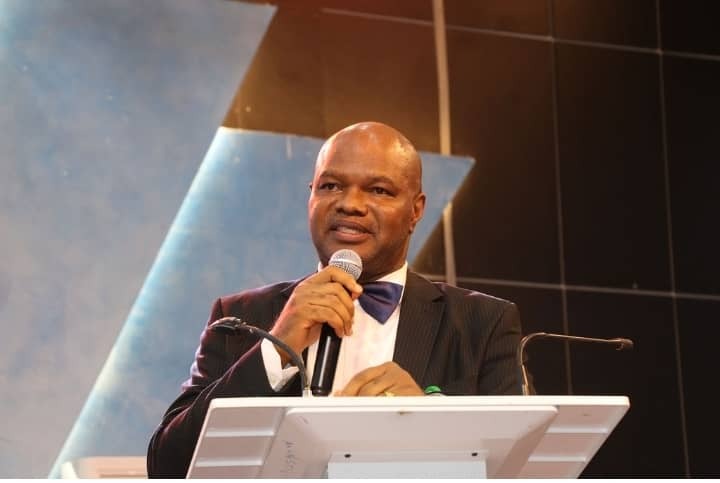Sir Jideani Calls for Revitalization of Mandatory Continuing Legal Education (MCLE) to Boost Lawyer Competence
 Sir Agabaidu C. Jideani, a prominent elder of the Garki Branch of the Nigerian Bar Association (NBA) and former Director General and CEO of the Ethics and Corporate Compliance Institute of Nigeria, has urged for the revitalization of Mandatory Continuing Legal Education (MCLE) as an essential tool to ensure the ongoing competence of lawyers and to enhance public trust in the legal profession.
Sir Agabaidu C. Jideani, a prominent elder of the Garki Branch of the Nigerian Bar Association (NBA) and former Director General and CEO of the Ethics and Corporate Compliance Institute of Nigeria, has urged for the revitalization of Mandatory Continuing Legal Education (MCLE) as an essential tool to ensure the ongoing competence of lawyers and to enhance public trust in the legal profession.
In an interview with Mrs. Olayemi John, Sir Jideani highlighted the critical role of MCLE, calling it “one of the most useful regulatory measures that ensure continuing lawyer competence and improved trust in the profession by society.” He stressed the importance of a professional development system that provides legal practitioners with the necessary knowledge, skills, and integrity to meet the expectations of society.
According to Sir Jideani, CLE programs are designed to help lawyers stay updated and proficient in their practice areas, adding that the NBA’s CLE program is fundamental in maintaining public trust and safeguarding society from unqualified representation.
Recalling the history of CLE, Sir Jideani noted that it became widely adopted in the 1970s and 1980s, with Nigeria formalizing its MCLE rules in 2007 during an NBA NEC meeting in Owerri, Imo State. While the current CLE model mainly focuses on attendance, Sir Jideani believes it is time to prioritize active learning methods like case studies, simulations, and peer assessments to engage lawyers more effectively.
Furthermore, Sir Jideani emphasized the importance of incorporating technology into CLE delivery. He called for flexible, technology-driven learning systems that allow legal practitioners to access courses at their convenience, thus making CLE more engaging and impactful.
“The CLE scheme benefits not just individual practitioners but also society at large,” Sir Jideani remarked. He proposed that certain CLE courses, including litigation management, anti-corruption practices, and service delivery improvements, should be mandatory to address specific societal needs.
In conclusion, Sir Jideani stressed the importance of continuously evaluating the outcomes of CLE programs, measuring success through improvements in lawyer competence, client satisfaction, and increased public confidence in the legal profession.













